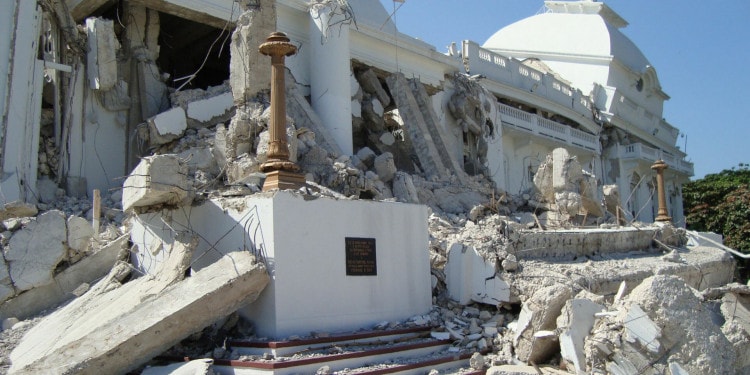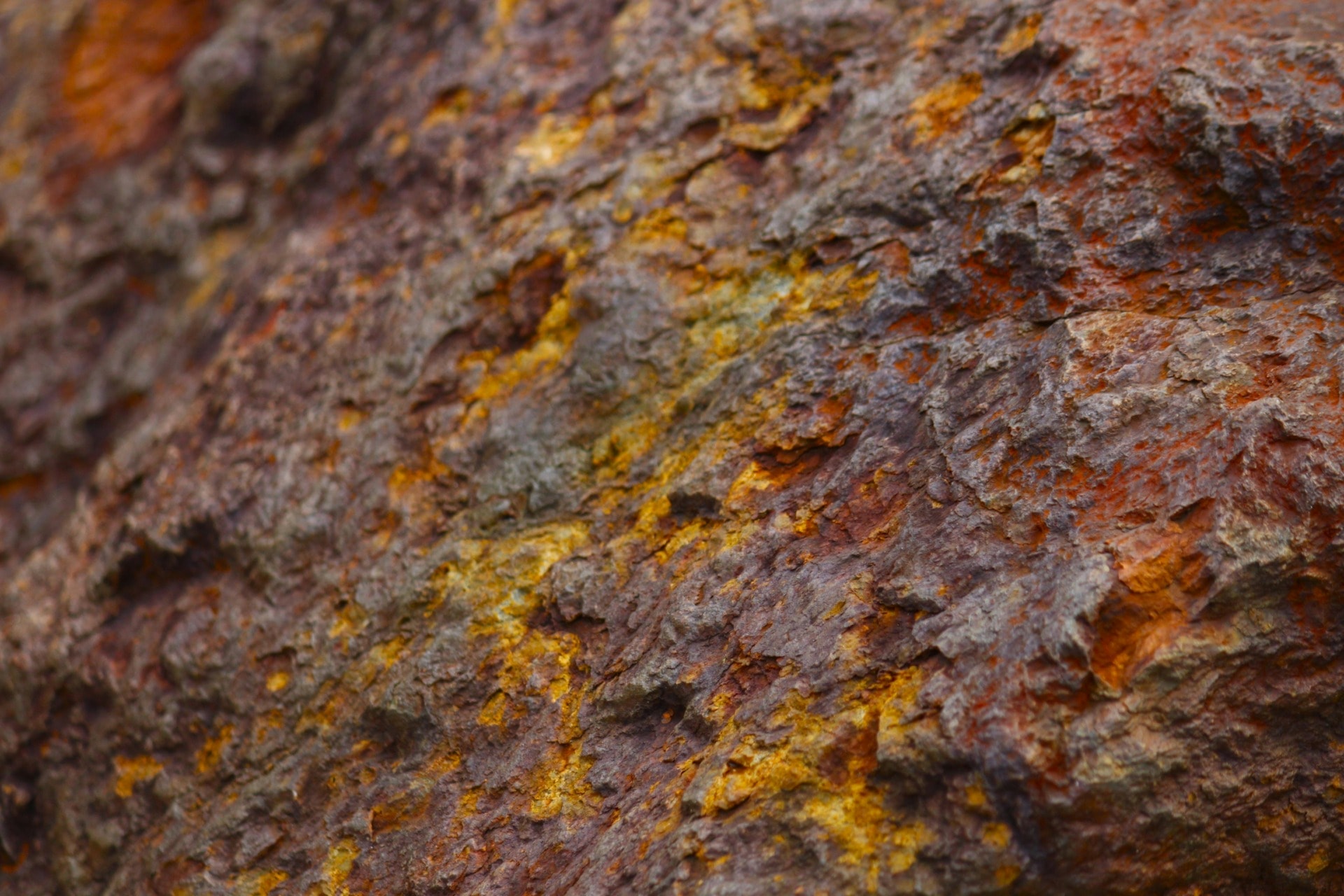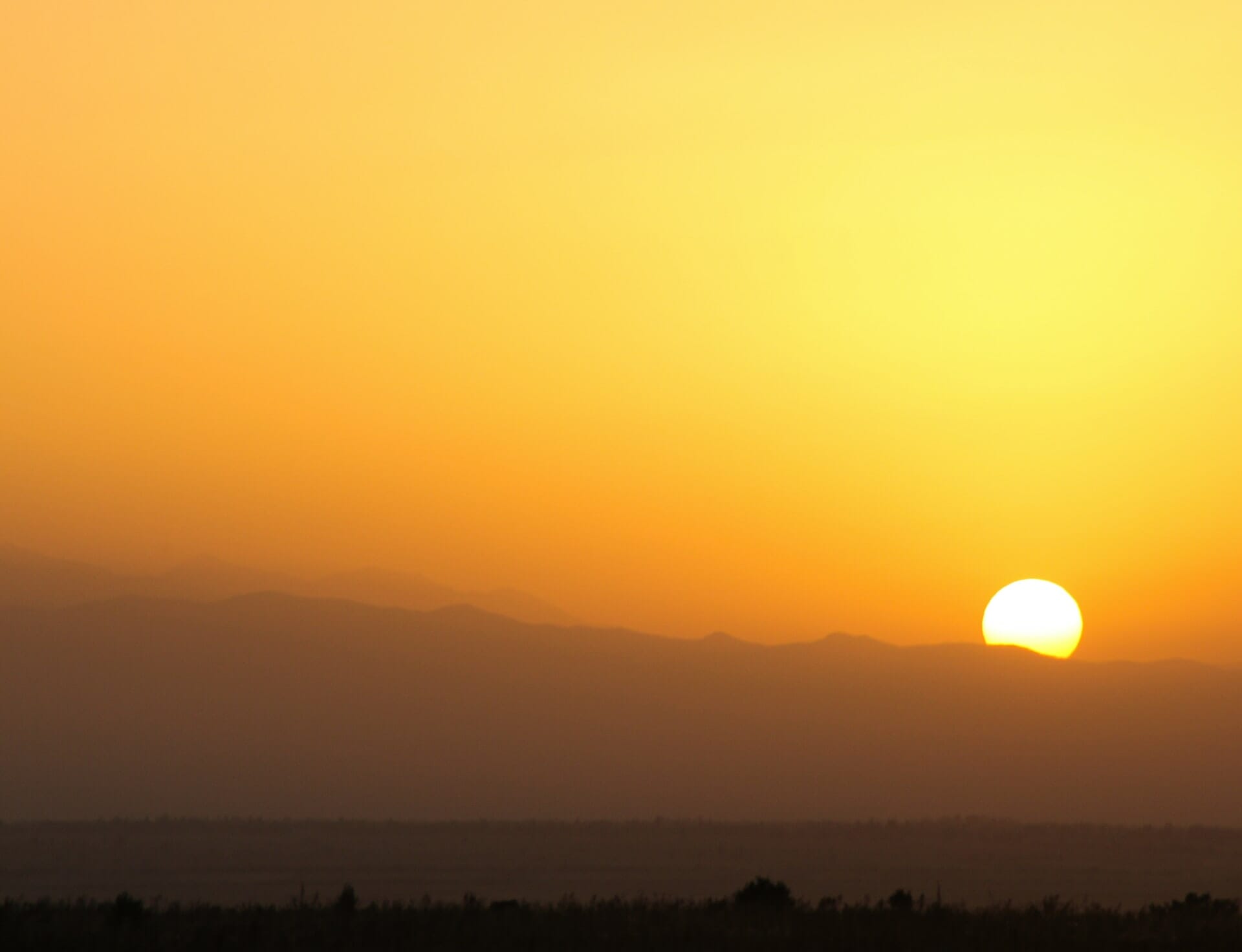On Saturday a 7.2 magnitude earthquake struck the southwestern part of Haiti.
Officials have confirmed 1,419 dead. Around 1,500 homes were destroyed and 3,000 damaged. The search for survivors trapped in the rubble is ongoing. Meanwhile, hospitals are struggling to deal with the number of the injured.
Joe Biden has authorised an immediate response from USAID. Cuba has deployed 250 doctors, and the Dominican Republic has offered to send food and equipment. The Pope mentioned the disaster in his Sunday address, offering prayers.
Prime Minister Ariel Henry has declared a one-month state of emergency, saying to reporters on Sunday: “We salute the dignity, the resilience effort of the victims and their ability to start over.”
Adding, “I deduce that Haitians want to live and progress,” and urging solidarity with this effort: “Let us unite to offer these people a living environment conducive to development.”
Related Articles: How Haiti Is Dealing With Poverty and Hunger Through Agriculture Innovation | Aiming to Achieve the SDG for Safe Drinking Water in Haiti: Empowerment is the Key | Global Number of Natural Disasters Increases Ten Times
This earthquake comes at a bad time for the Caribbean nation, which alongside the pandemic is in political turmoil following the assassination of president Jovenal Moïse last month, when a group of foreign mercenaries shot the president dead at his private residence.
While most of the hired gunmen, and an unknown man with an alleged desire to be president, have been arrested by the Haitian police, the president’s wife told the New York Times that the powerful actors behind the assassination remain at large.
As this murderous precedent has been set, Haitian high society is plagued by suspicion. Martine Moise, the president’s wife, said: “I would like [the] people who did this to be caught, otherwise they will kill every single president who takes power,” she added. “They did it once. They will do it again.”
UNICEF Executive Director Henrietta Fore has affirmed the urgent need for humanitarian aid:
…this disaster coincides with political instability, rising gang violence, alarmingly high rates of malnutrition among children, and the COVID-19 pandemic – for which Haiti has received just 500,000 vaccine doses, despite requiring far more.
With a population of 11 million, the country received its first doses of the vaccine from the U.S. just last month.
Haiti has a tragic history of natural disasters. A 7.0 magnitude earthquake quake in 2010 struck in a worse position than the one on Saturday, causing “unimaginable” devastation the country is yet to fully recover from.
Currently on the horizon for Haiti is the Tropical Depression Grace. Although no longer classified as a tropical storm, the U.S. National Hurricane Centre warned it still posed the threat of flooding and landslides.
It is estimated to reach the coast of Haiti by Monday night; one resident of the island said, “We only have Jesus now.”
Editor’s Note: The opinions expressed here by Impakter.com columnists are their own, not those of Impakter.com. — In the Featured Photo: The Presidential Palace following the 2010 earthquake. Natural and political disasters have coincided for Haiti in 2021. Featured Photo Credit: Wikimedia Commons.









